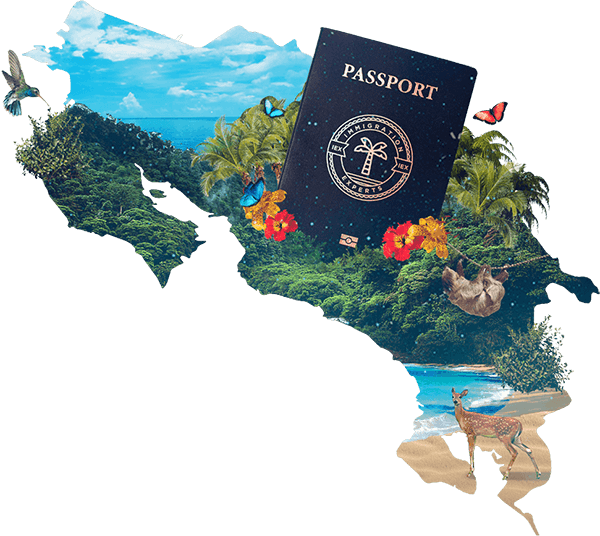Costa Rica, a jewel of biodiversity, offers more than just a new home for expats—it offers a chance to make a meaningful difference. Eco-volunteering in this lush, green country is an opportunity to contribute to environmental conservation while immersing yourself in the local culture and community. This article explores how expats in Costa Rica can engage in eco-volunteering, enriching both the environment and their expat experience.
Why Eco-Volunteering?
Eco-volunteering in Costa Rica isn’t just about giving back; it’s a powerful way to connect with the land, wildlife, and people. You gain firsthand experience in conservation efforts and learn about environmental challenges facing this tropical paradise. It’s an avenue to meet like-minded individuals, both locals and fellow expats, and build strong community ties.
Sea Turtle Conservation: Protecting Precious Life
One of the most popular eco-volunteering activities in Costa Rica is sea turtle conservation. Volunteers help with night patrols on beaches, protect nesting sites, and sometimes assist in data collection and hatchling releases. Hear from John and Lisa, an expat couple from Canada, who share their transformative experience working with sea turtles on the Pacific coast, describing it as “a once-in-a-lifetime opportunity to contribute to nature while seeing the miracle of life up close.”
Reforestation Efforts: Planting Trees, Planting Roots
Costa Rica’s reforestation projects offer another avenue for expats to get involved. Whether it’s planting native trees or helping to restore wildlife corridors, these projects are crucial in combating climate change and protecting biodiversity. This section can highlight personal stories from expats who’ve found a deep sense of purpose and connection to the land through these reforestation efforts.
Community-Led Sustainability Projects
Discover how expats can join community-led sustainability projects, such as organic farming, permaculture, or environmental education programs. These projects not only aid environmental conservation but also foster cultural exchange and understanding. Feature an interview with Maria, an expat who joined a local organic farm project, and how it has enhanced her appreciation of sustainable living and Costa Rican culture.
Getting Involved: How to Start
Provide practical advice on how expats can find and choose the right eco-volunteering opportunities. Include information on reputable organizations, the types of projects available, and what to expect in terms of time commitment and physical demands. Offer tips on how to prepare for the experience, both mentally and logistically.
Conclusion
Eco-volunteering in Costa Rica is more than just a noble pursuit; it’s a pathway to a richer, more fulfilling expat experience. It’s about forming a deeper bond with your new home, understanding its ecological treasures, and playing a role in preserving them. As you give back to the environment, you’ll find that, in return, your life in Costa Rica becomes even more vibrant and meaningful.








